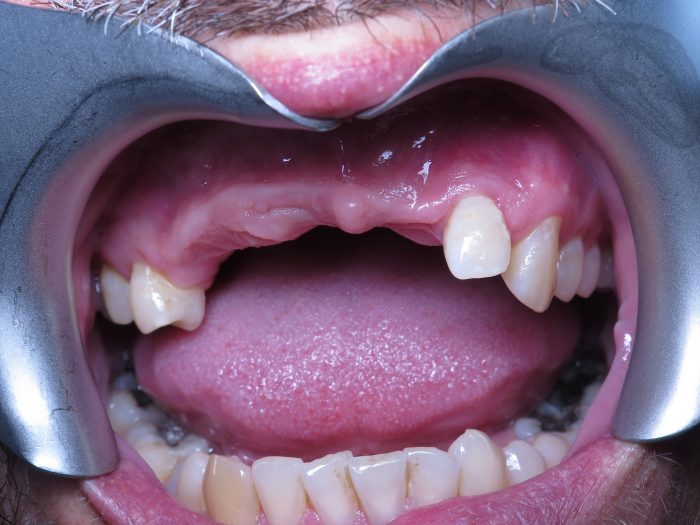A new study conducted by researchers at the University of Michigan has found childhood traumas to be associated with later tooth loss in life.
After controlling for socioeconomic status and diabetes, the researchers found that older adults are at higher risk of total tooth loss if they have consistently experienced childhood traumas, abuse and other adverse events throughout life.
The research, which assessed the impact of childhood trauma on oral health, drew data from a 2012 health and retirement study (HRS) and included an annual and biennial data collection survey.
By deriving the participants’ oral health information, childhood experiences, adult educational attainment, and poverty status from previous HRS surveys and a 2015 supplemental survey, the researchers investigated the participants’ “life course”.
Ten percent of the respondents turned out to have experienced physical abuse, 18 smoked during childhood and nearly half of them held either a high school diploma or less. 20 percent had lived in poverty for at least once since age 51.
More than 13 percent of the adults above the age of 50 were found to have lost all of their permanent teeth and nearly 30 percent of them had experienced financial hardship, lost their parents or experienced a parental divorce at age 16.
Adverse events and childhood trauma, the researchers concluded, may cause old-age tooth loss. This may proceed by causing overindulgence in socio-behavioral habits like binge drinking, excessive sugar consumption, or nicotine use.
Aside from this, a negative effect on learning and achievement may also result, leading to a lack of requisite knowledge for ensuring the practice of good oral health habits.
“Nearly 20 percent of Americans over age 50 live with no teeth. This study draws attention to life course histories that can capture some other important pathways to this oral health disparity,” said Haena Lee, a researcher at the University of Michigan.
“It’s really sad to say that adversity breeds adversity, but it really seems that dental health is rooted in adverse experiences you encounter over the life course, particularly in childhood.”
The study is published in Community Dentistry and Oral Epidemiology.
Copyright 2025 TheCable. All rights reserved. This material, and other digital content on this website, may not be reproduced, published, broadcast, rewritten or redistributed in whole or in part without prior express written permission from TheCable.
Follow us on twitter @Thecablestyle

